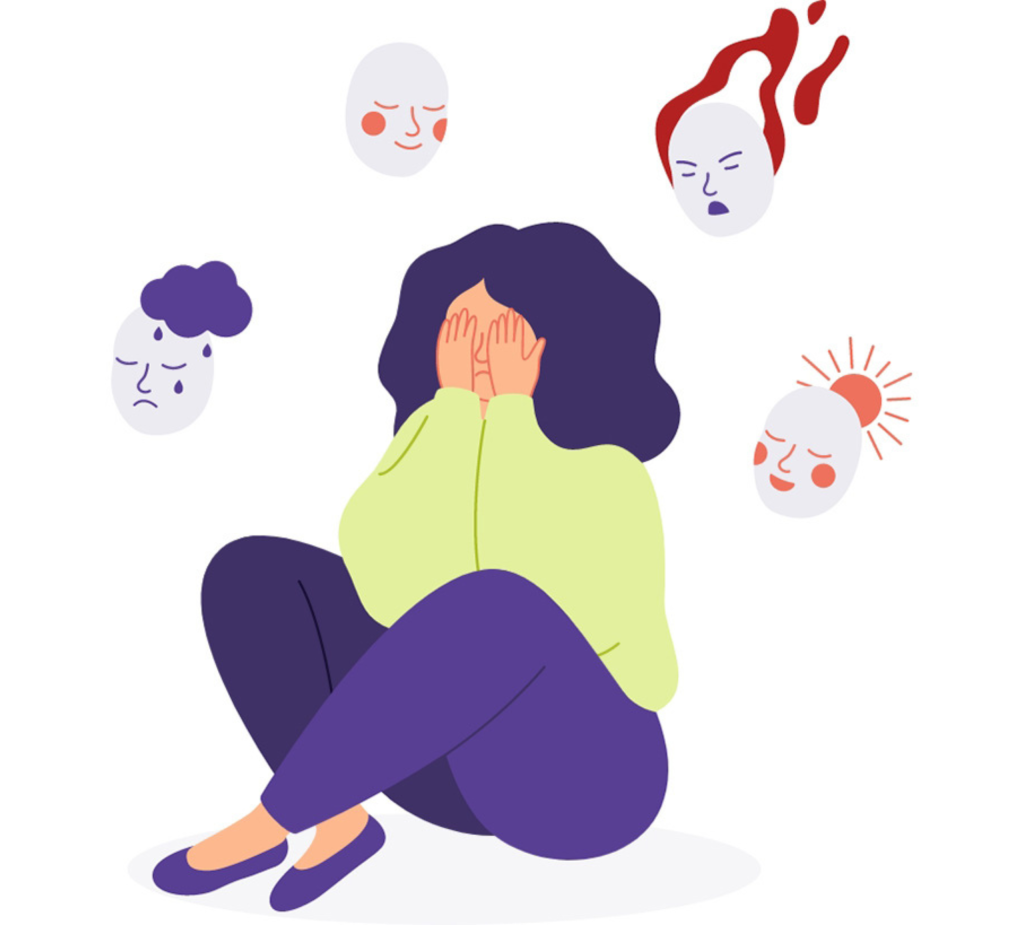Schizophrenia is a severe mental disorder characterized by distorted thinking, perceptions, and emotions. Symptoms include hallucinations, delusions, and disorganized behavior, impacting daily functioning. While there is no cure, treatment often involves antipsychotic medications and therapy, aiming to manage symptoms and help individuals lead fulfilling lives.
Prevalence: Affects about 1 in 100 people globally.
Onset: Typically begins in late teens to early 30s.
Gender differences: Men often show symptoms earlier (late teens to early 20s); women typically present later (mid-20s to early 30s).

Schizophrenia doesn’t have a single cause—it’s influenced by a combination of genetic, brain chemistry, and environmental factors:
Genetics: Strong hereditary component
Brain structure and function: Abnormalities in neurotransmitters like dopamine and glutamate; altered brain structure seen in imaging
Prenatal factors: Malnutrition, viral infections during pregnancy
Psychosocial stress: Trauma, abuse, or extreme stress may trigger symptoms in vulnerable individuals
Substance use: Especially marijuana, LSD, or amphetamines in adolescence
Schizophrenia is treatable but not curable. Early diagnosis and continuous treatment are key.
Antipsychotics (first-line treatment)
Examples: Risperidone, Olanzapine, Clozapine
Long-acting injectables (help with medication adherence)
Cognitive Behavioral Therapy (CBT)
Social skills training
Supported employment or education
Family therapy and psychoeducation
Stable daily routine
Stress management
Healthy relationships and community support
Avoidance of drugs/alcohol
A4 Clinics is a chain of clinics that provides advanced technology-enabled rehabilitation for patients with BRAIN DISEASES. This is the brain-child of Dr. Abha Agrawal, MD, FACP, FACHE (USA).
Copyrights © 2015-2025 All Rights Reserved by A4 Clinics Pvt. Ltd.